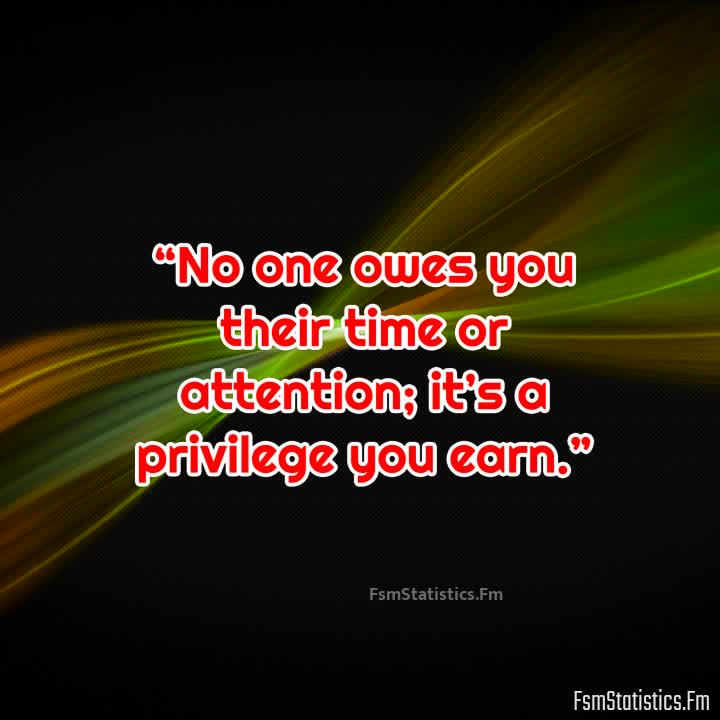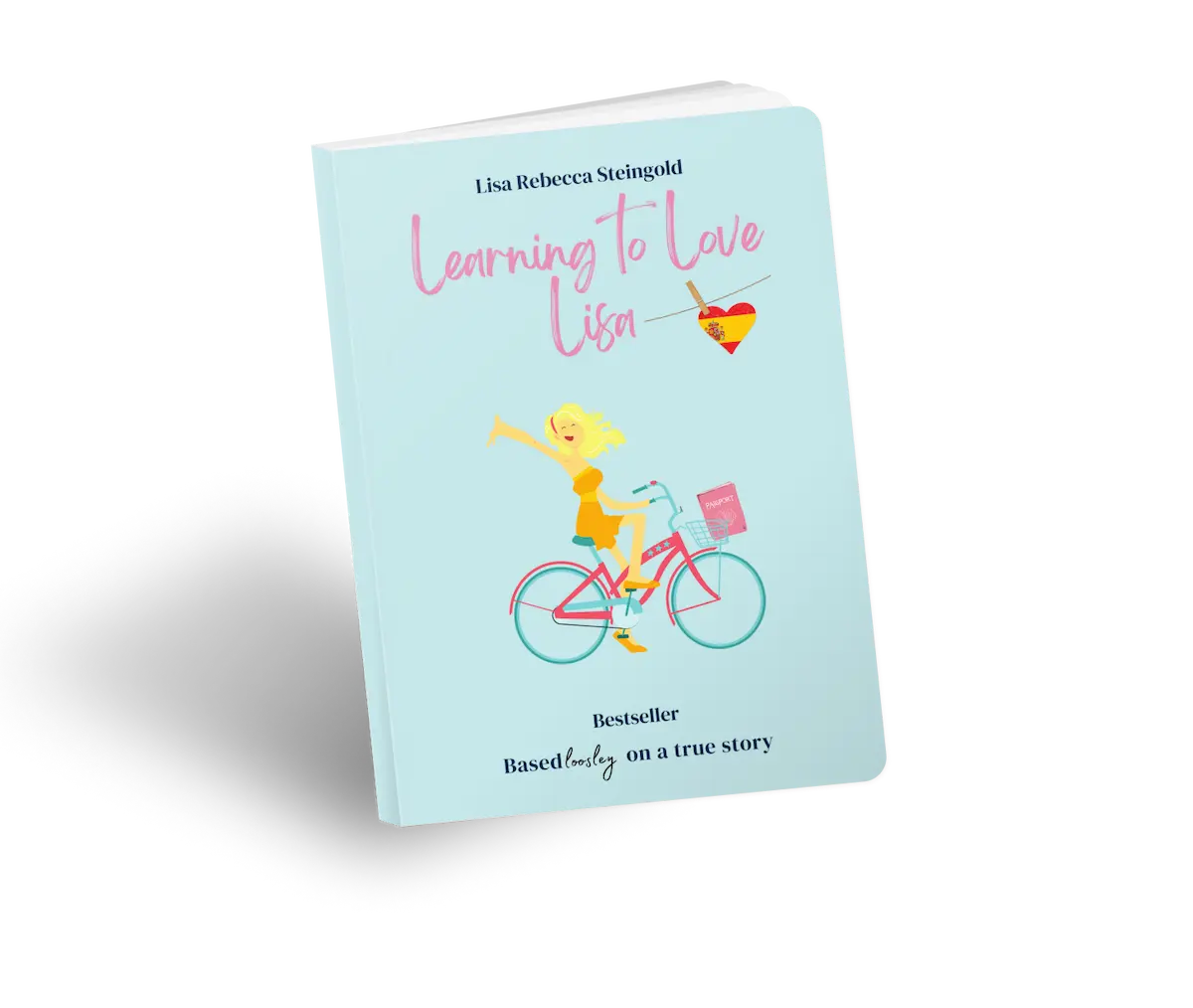There are a few harsh truths about life and this one seems to trip me up continuously. It’s called having expectations.
The truth is no one owes you a thing, not a single dammed thing!
And the single biggest way to set yourself up for failure and disappointment is to expect something.
Do you think you’re owed;
- A career that allows you to do all the things you want to do?
- A promotion just because you’ve worked hard?
- A thank you from the person you let in front of you in the traffic?
- Love from your partner because you’ve given (up) everything to be with them?
So what then? Just not get your way in life? Just forget about your dreams and hopes? Just be in a state of permanent pain and disappointment? No, of course not!
Here’s some advice, taken from the school of hard knocks, on why no one owes you anything and what to do about it.
Dealing with the pain from unmet expectations
There’s a certain, and very natural existential pain of disappointment from having unmet expectations. That my friends is part of being human. Welcome to Earth School. I’m not saying it’s easy and I’m not saying just get over it when your relationship ends or when you lose your job or when you experience some major life-changing event.
But this doesn’t mean living in a pool of self-pity or pain for the rest of your life. It’s quite the contrary and although I can tell you with almost certainty that your heart will be broken along your journey, there is a great level of freedom in letting go of expectations.
The minute you drop your level of expectation from others, they’re free to be who they are and you’re free to be who you are.
It’s about setting realistic expectations versus unrealistic expectations
As we humans live in a social structure our expectations are based on our cultural norms and also how we’ve been brought up along with our personal beliefs.
So it may not be about letting go of your expectations all together, after all, it’s normal to have expectations for instance when someone has communicated their commitment. It’s more about balancing expectations and checking you don’t have false expectations and assumptions of the situation which are the mother of all fuckups.
Let’s try something out.
Do you think the following expectations are realistic or unrealistic?
- You’ve worked hard all year and in your mid-year meeting, your boss said to you that if you kept up the results you’d be able to talk about a raise in December. As the results are there you expect a raise. (Realistic)
- You picked up your life and moved to a different country to be with the love of your life. You did not talk about their expectations or yours beforehand. Now your partner has decided they want you out. (Unrealistic)
- You had an interview for a role you really wanted and they promised to get back to you by a certain date but they didn’t. (Realistic)
- You go out on a first date with someone and expect them to pay. (Unrealistic)
Can you see the underlying difference between realistic and unrealistic expectations? In the case of a realistic expectation, some hope was set by the other party. In the case of the above unrealistic expectations, you might have assumed certain things.
It’s not all bad – looking at the flip side of high expectations
The positive and negative of having high expectations
Setting high expectations in life can be a double-edged sword. Having high expectations of life means you’re bound to be disappointed, experience pain, and even be prone to burnout.
But it also means that you’re likely to be highly motivated, expect the best from others (which isn’t always a bad thing), and be goal-oriented.
As with most things, it isn’t an all-or-nothing. It’s just about how you manage it.
You don’t owe anyone either
If no one owes you anything then that means that you don’t owe anyone else anything either. And that can be a massive relief!
This is not to say you skimp out of all your commitments and become flaky. No, not at all. It’s more about being more authentic and taking more ownership.
Own and own up to;
- What kind of person do you want to be?
- Who do you want to spend time with?
- What do you want in your life?
- Where do you want to invest your time and energy?
Then go and do that. Communicate that. Help set realistic expectations in the minds of others.
You should begin to feel a lot more freedom and a lot more peace.
How to manage expectations?
Okay, so you’ve been feeling a huge amount of disappointment and pain. How should you manage this?

3. Decide what you want
The most liberating thing about expectations is that you get to decide. Not in everything but in some things.
Of course, if you pay taxes, you expect service delivery. Does that always happen in governments? No, of course not. Politics is it’s own animal. So from that perspective, you may not have a choice.
But in the case of letting someone in traffic you get to decide if you want to let someone in front of you in the future IRRESPECTIVE of whether they say thank you or not.
The beauty is that you start doing things because you really want to. Not because you have to.
2. Set verbal and written expectations
Be the change. If you wish people would clarify their expectations to you, make sure you’re doing the same.
If you want a promotion or a raise, own that. But then also communicate that to your boss and even put it in your work contract. “If I achieve X, I would like Y”.
I truly believe that 75% of the world’s personal and professional problems (not so sure about politics because I have my doubts there 😂) could be solved with better communication.
Often we don’t communicate our needs or ask others about theirs and then we expect them (whoever them is at that moment) and are genuinely surprised when they haven’t read our minds.
3. Expectations gone wrong? Take accountability for your NEXT actions
Okay, so shit went South. Now what?
Exactly, now what?
What did you learn and what are you going to do differently next time? If you keep doing what you do, you keep getting what you get.
Part of being human is learning to play the game better. The best way to play better is to ask yourself some questions;
- Were my expectations realistic or unrealistic? How do I know?
- Did I communicate?
- Did I ask the other party about their expectations?
- What do I want to do differently next time?
Bottom line? Balance contentment and desire for more
Being on the team puts you in a position to earn playing time, but does not entitle you to even a minute of playing time.




